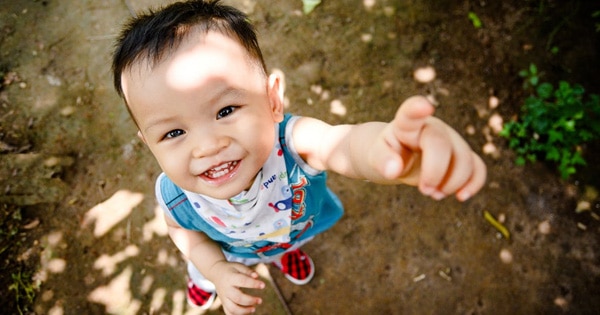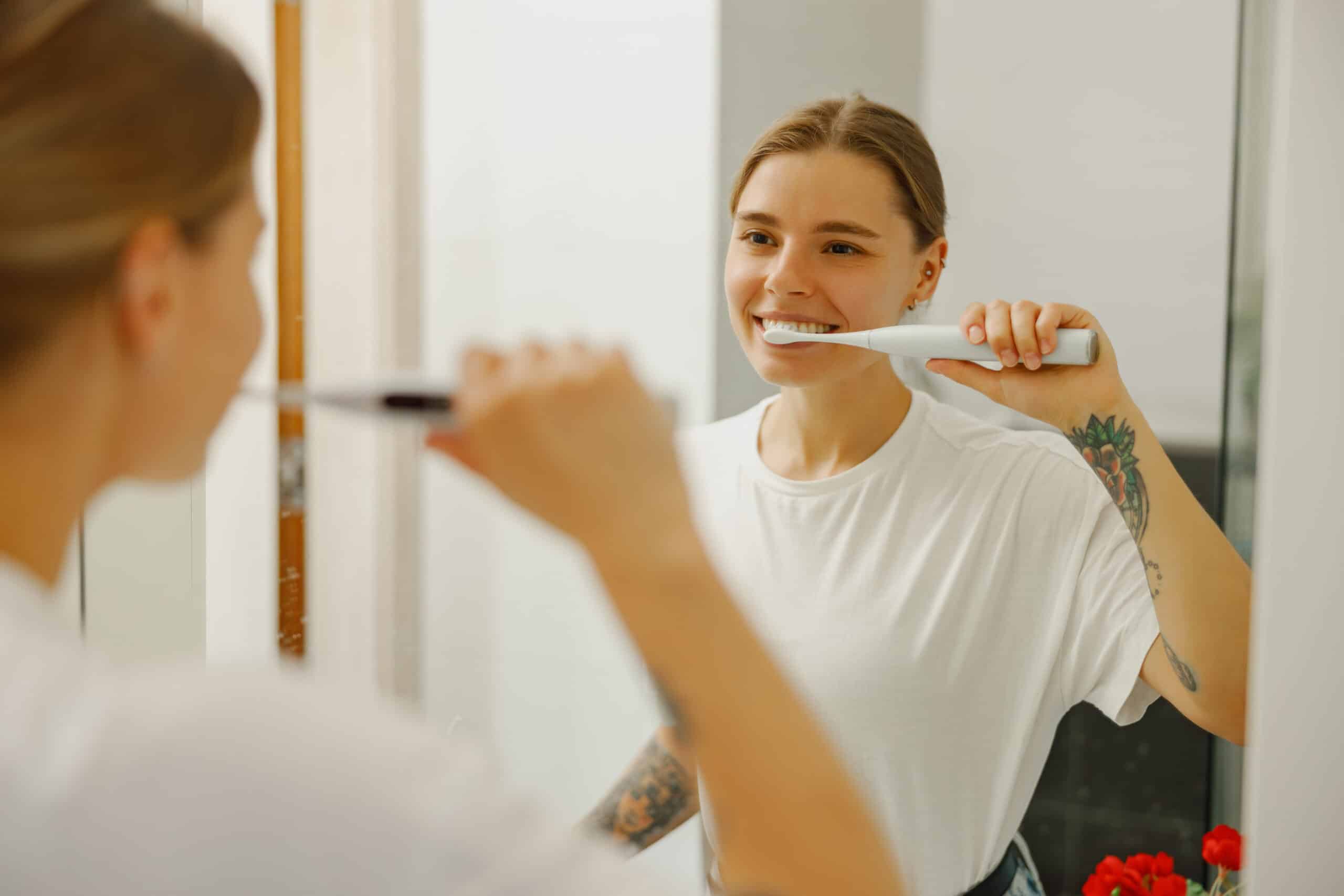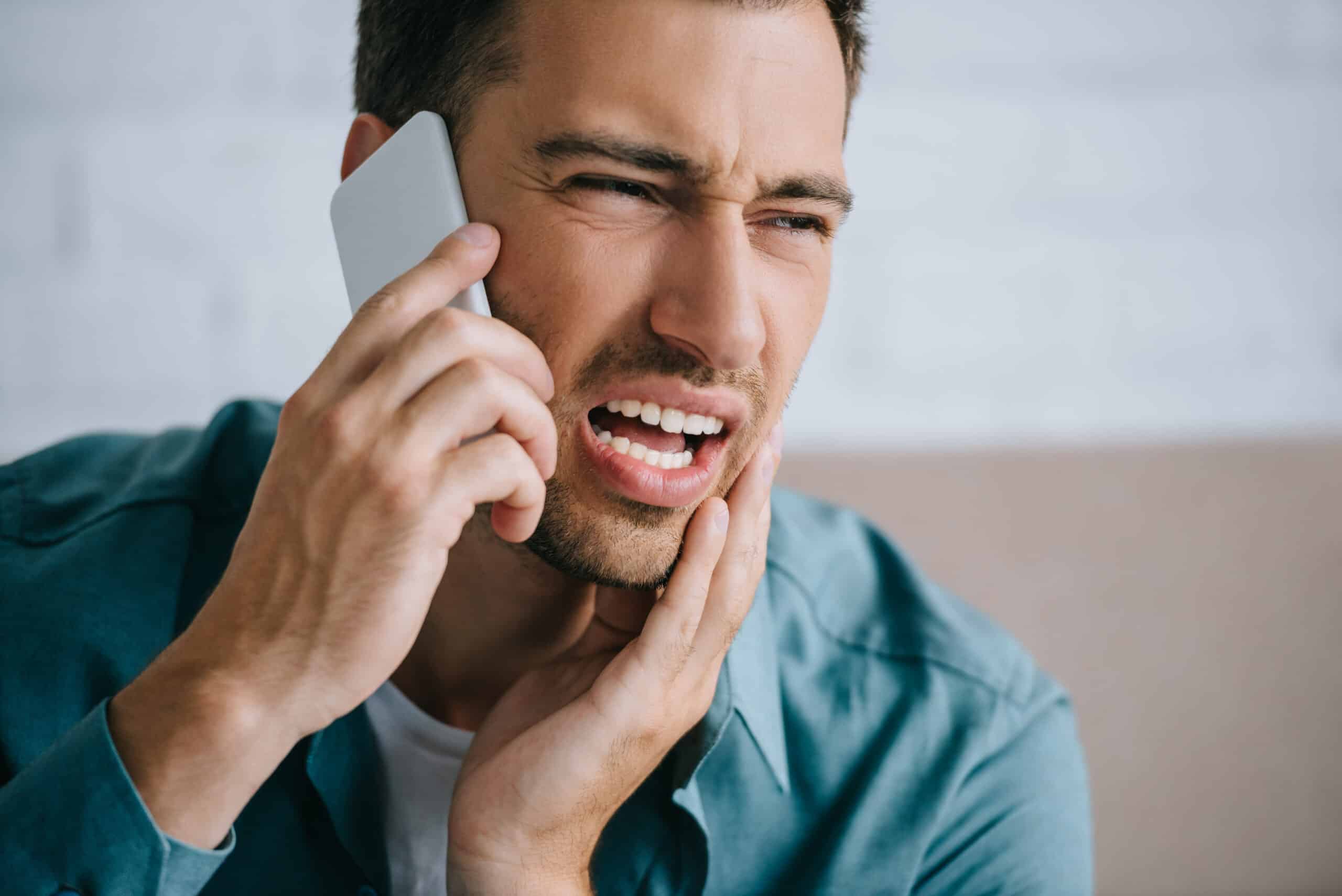As a new parent, everyone will tell you that routine is key for acclimating yourself to the role — and your baby to their new world. Part of that routine should include oral care, and the sooner you build it in to your daily regiment, the easier it will be to stick with it and the easier your baby will make it on you.
Before Baby Teeth
Your baby’s teeth will begin erupting sometime between three and five months. But even though you can’t see them, they’re still there, slowly working their way to the gum line. It’s important to keep their gums as clean as possible, as breastmilk or formula, while essential for growth, leaves a sugary film over the gums that should be removed after every feed.
To get rid of it, simply wet a soft washcloth and wipe down your baby’s gums. When they’re infants, they won’t push back very hard, if at all, so it should be relatively easy to do. Word of warning: this probably won’t last, no matter how diligent you’ve been. At a certain point, they’ll stop appreciating having a wet piece of fabric in their mouths after a meal, and they’ll start to squirm. The key is to keep at it: make it a game, sing a song or give the cloth a name. If you can get a nice big smile out of them, it’ll be easier to get the cloth in. Another tactic to try is to wet the cloth with lukewarm water versus cold water as it’ll feel less jarring. And if they’ve fallen asleep in your arms after a feed, you should still wipe their gums down — just be a bit more gentle.
Brushing Baby Teeth
Once your baby’s teeth start to come in, they’ll need to be brushed. You should pick up a baby toothbrush with soft bristles and gently massage the teeth and gums twice a day (while still keeping up with the post-meal wipe down). You’ll obviously be brushing their teeth for them, but put the toothbrush in their hands as soon as they’re able to grip it so they get used to it. If possible, you should try to brush their teeth in front of a mirror so they can see what’s happening.
Toothpaste is optional at this point. If you want to use it, make sure it does not contain fluoride just in case they swallow it.
Ask your dentist when they feel it is appropriate to book your child in for their first dental appointment. At that appointment we’ll have a look at what’s going on in there, and advise you on what the next steps should be.








